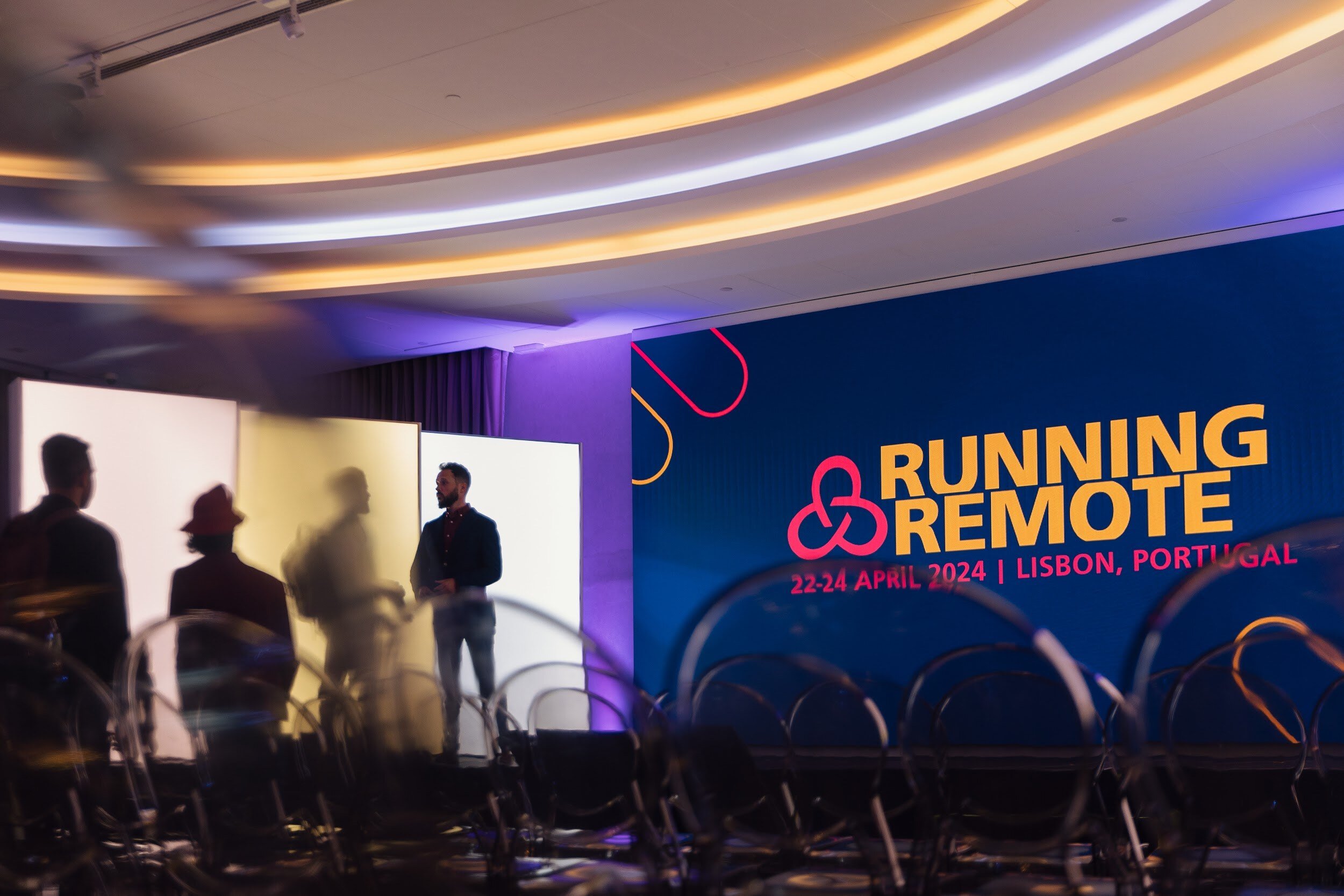What if we could have the best of both worlds?
The global shift toward remote work continues to spark debate on how organizations should operate - in-person, hybrid, or fully remote. It seems to be consistently framed as a binary, black-and-white problem and solution. However, the principles that make remote work successful shouldn’t be limited to a specific working location.
In this recent Forbes article, Aytekin Tank, the Founder & CEO of Jotform, explains why in-office workplaces are better than hybrid/remote environments, especially for new hires and entry-level employees.
While I understand his perspective—effective onboarding processes, brainstorming, and building camaraderie are all naturally easier in person— it doesn’t mean that new and longtime employees can’t have the same experience in a remote setting. It’s a matter of managing people well and setting clear expectations from the start.
Many companies struggle with managing their remote teams effectively, which leads to the assumption that the office must, in fact, be better. Honestly, are we surprised that doing something differently than most of us have done for all of our working careers is difficult? Effective distributed work leaders need to challenge this status quo. This will require extra effort to prioritize their team’s needs and a willingness to adapt their operations to support remote work.
Successful remote work environments offer the same opportunity for employees to build relationships, experience camaraderie, and grow in their careers. However, they also allow individuals to decide how and from where they show up to work, leading to greater personal satisfaction, which emphasizes Tank’s final point: “When employees are satisfied, people are drawn to the company, and they stay.”
🌏 The best of both worlds.
I encourage leaders to try again, even when they fail, to state their intentions clearly, and to be bold in their team vision. By doing so, they can open the door to workplace flexibility and satisfaction, ultimately leading to greater productivity and employee retention.



.jpg)
